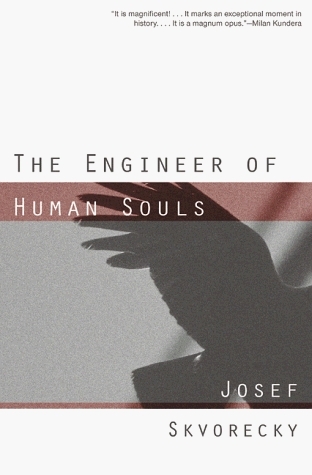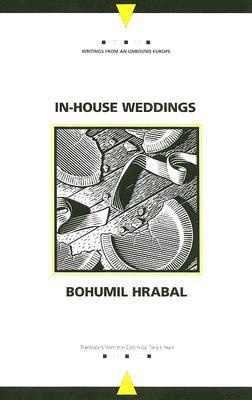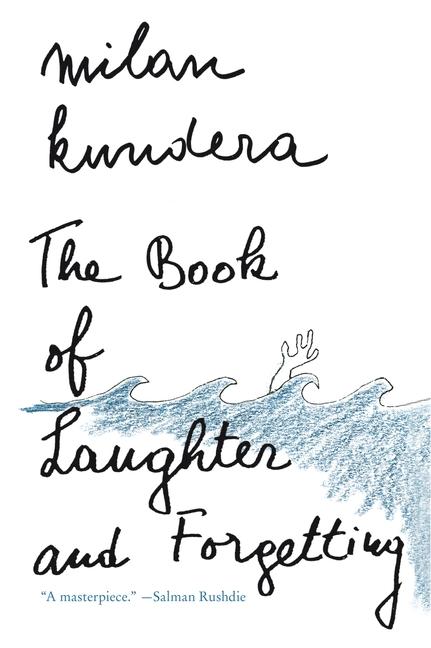
I Served the King of England
Book Description
Caught between dreams of wealth and the stark realities of a tumultuous era, a young servant embarks on an extraordinary journey through the heart of Czechoslovakia. As he rises from rags to riches, navigating a world where loyalty contorts under the weight of ambition, the lines between desire and betrayal blur. Each encounter reveals a kaleidoscope of human emotion, from love's intoxicating embrace to the biting sting of betrayal. As the tides of history threaten to sweep away everything he holds dear, what price will he pay for the crown he so fervently desires? Can ambition survive in a world of chaos?
Quick Book Summary
"I Served the King of England" by Bohumil Hrabal is a comic yet poignant exploration of 20th-century Czech history, seen through the eyes of Ditie, a diminutive and ambitious hotel waiter. Ditie's lifelong quest is to gain wealth, status, and recognition, often imitating those around him, while remaining largely oblivious to the wider turbulence that surrounds his life. Rising from humble beginnings, Ditie’s journey takes him into the opulence of grand hotels, the eccentricity of lovers and guests, and the chaos of Nazi occupation and postwar retribution. Throughout, Hrabal weaves self-deprecating humor, irony, and sharp observation, revealing the complexities of human ambition and fragility in the face of sweeping historical changes, while questioning the price of success and the authenticity of one’s desires.
Summary of Key Ideas
Table of Contents
Ambition and Social Climbing
Ditie begins his life as a poor, unremarkable hotel busboy, yearning for social status and wealth. Fascinated by those in power and luxury, he meticulously observes guests at Prague’s grandest hotels. Ditie mimics their mannerisms and gradually rises in rank by mastering the art of servility, always hoping to transform his humble status. His journey is marked by both farcical and touching encounters that highlight the quirks and vanities of the people he serves, immersing the reader in a vivid, often surreal, world of hospitality and desire.
The Absurdity of History
The tides of history soon sweep over Ditie’s world as Czechoslovakia faces Nazi occupation and World War II’s devastation. Ditie marries a German woman and attempts to secure his future through opportunism, yet is never fully accepted—by her family, the Nazi regime, or the Czech community. The effects of war shape Ditie’s fortunes dramatically: he gains momentary wealth and even buys a small hotel, but at the cost of his peace and moral clarity. Through Ditie’s naive perspective, Hrabal deftly satirizes how ordinary people become complicit—by choice or necessity—in the tides of history.
Love and Betrayal
Ditie’s relationships are both intoxicating and destructive. His pursuit of love is motivated as much by longing for social acceptance as genuine affection. His marriage is fraught with cultural misunderstanding and personal loneliness, and later affairs often end in disappointment or absurdity. Ditie’s limited self-awareness means he often misreads the intentions and desires of others, leading to comic misunderstandings and bitter betrayals. Ultimately, his connections with others expose both the richness of human desire and the pain of its inadequacy.
Identity and Adaptation
Having acquired and lost considerable fortune, Ditie’s journey comes full circle in postwar Czechoslovakia, where nationalization and political change strip him of material success. He is sent to a remote, former millionaire’s prison, where he finally finds a strange form of peace in poverty and seclusion. The constraints of ambition, status, and success begin to fall away, replaced by a kind of hard-earned wisdom and humility. Hrabal suggests that in letting go of illusions, one may stumble upon contentment in the most unexpected places.
Humor as Survival
Throughout the novel, Hrabal employs bittersweet humor, irony, and an almost slapstick sensibility to explore the absurdity of Ditie’s ambitions amid the unpredictability of history. The comedy and tragedy are woven together, with Ditie’s escapades serving as both entertainment and sharp social commentary. Hrabal’s playful prose evokes laughter even as it reveals deeper truths about the fragility of identity and the bizarre, sometimes grotesque, ways people search for meaning under adversity.
Download This Summary
Get a free PDF of this summary instantly — no email required.





